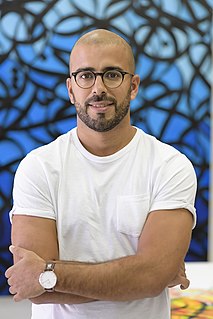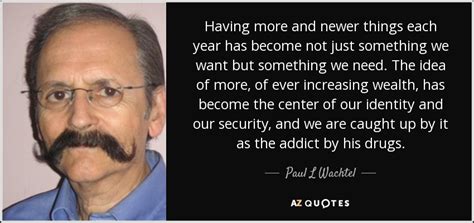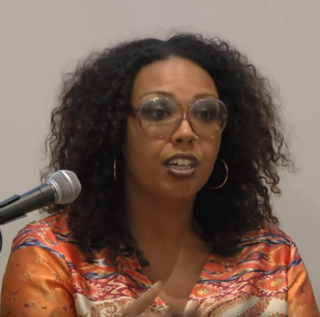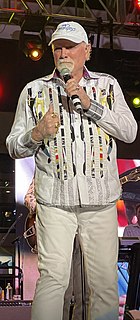A Quote by Frank Herbert
I give you the chameleon, whose ability to blend itself into the background tells you all you need to know about the roots of ecology and the foundations of a personal identity
Related Quotes
I think I started writing about identity, and I used to believe that identity is the story. But now I'm not so much subscribed to that. I mean, with 'Mr. Fox,' it has a feminist agenda as well. And so, as I sort of been away from writing about identity, I still feel that kind of tug of roots and, you know, cultural background.
A person who has been seduced by the consumer value system, whose identity is dissolved in an amalgam of the accouterments trappings of mass civilization, and who has no roots in the order of being, no sense of responsibility for anything higher than his own personal survival, is a demoralized person. The system depends on this demoralization, deepens it, is in fact a projection of it into society.
Give up the idea of being a person, that is all. You need not become what you are anyhow. There is the identity of what you are and there is the person superimposed on it. All you know is the person, the identity - which is not a person - you do not know, for you never doubted, never asked yourself the crucial question: 'Who am I?'
We are faced with having to learn again about interdependency and the need for rootedness after several centuries of having systematically-and proudly-dismantled our roots, ties, and traditions. We had grown so tall we thought we could afford to cut the roots that held us down, only to discover that the tallest trees need the most elaborate roots of all.
I think our culture right now is a culture that's trying to find itself. They're trying to figure out what is it? Is it social media followers? Is it trying to be popular? Is it money? Is it fame? Is it power? They're searching for identity and so many of us have been there, and we'll get back to that place of what is our identity? Who are we? More importantly, whose are we? For me, I find my identity in a relationship with Christ.
And there is this fact of the twelve baskets: why twelve? What does it mean? Twelve is the number of the tribes of Israel, symbolically it represents all the people. And this tells us that when food is shared equally, with solidarity, nobody is devoid of the necessary, each community can meet the needs of the poorest. Human ecology and environmental ecology go hand in hand.
I think that I would really like at first for the art to speak for itself. I don't see the need for a lot of personal information about my past or who I am. I would rather the personal side of it just be in the concepts and the genuine feelings that I filter through my work. I know that it's inevitable that people can find whatever they want about me. Once I've had a chance to create a language and a world with my art, then I'm more comfortable sharing that information.






































